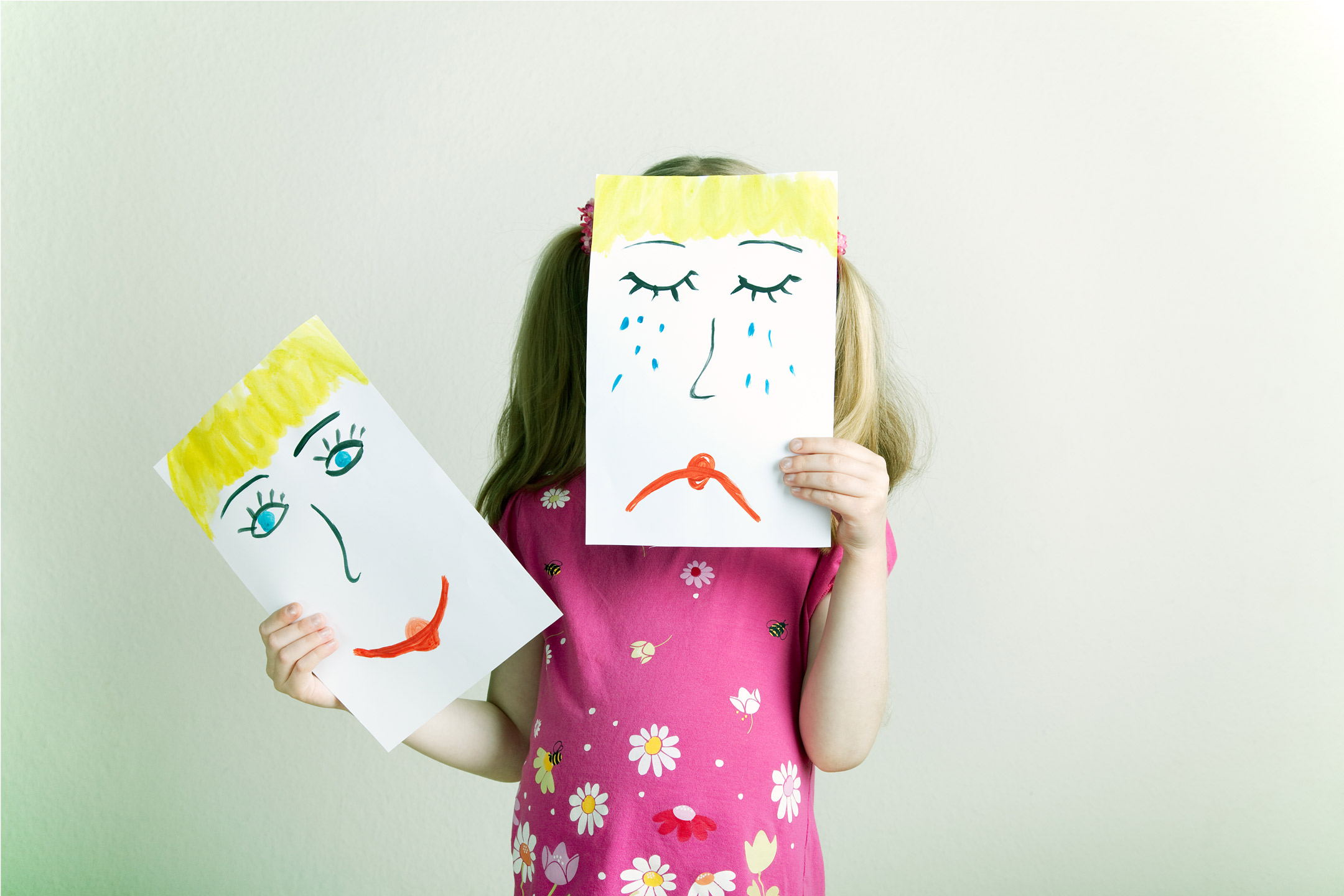
09 Aug 6 Tips for helping young children learn to be more positive and not give in to negative feelings
Author Lauren Thompson gives some tips for helping young children learn to be more positive and not give in to negative feelings.
Each day, we generate over 10,000 thoughts. If a majority of these thoughts are negative and unkind, it can have a significant impact on self-esteem and overall perspective. While occasional negative thinking is common, for some individuals, it becomes a daily struggle. The constant barrage of negative chatter and insults creates an unfriendly and toxic environment, leading to a deep-seated belief of never being good enough. This kind of self-talk profoundly influences our quality of life, emotional well-being, and the choices we make.
Working with children in a school setting, I’ve witnessed many of them suffering low self-esteem and persistent negative thoughts about themselves and their abilities. This is extremely sad to see and very worrying.
A report by Forge Wellbeing in 2022 revealed that one in five students already feel negatively about their self-esteem by the time they start high school, and self-esteem continues to decline as they progress through each school year (Ref: The Feed Their Belief Report, prepared in collaboration with Forge Wellbeing, Dr. Justin Coulson, and Sanitarium).
As a community, parents, and caregivers, it is crucial that we prioritize conversations with children from an early age, emphasizing the significance of positive and healthy self-talk. Nurturing children who value themselves and have healthy self-esteem is vital for them to pursue their dreams, which ultimately determines the success and life satisfaction of our future generation.
Here are some tips to help promote positive self-talk:
- Start to become aware and notice the quality of your thoughts. Consider keeping a journal to record your thoughts throughout the day, allowing you to identify any recurring negativity. Challenge these bullying thoughts as you catch yourself in the moment and try to replace or rescript with a positive statement instead. Don’t forget to appreciate and commend your children for their unique qualities and efforts as well as their success.
- Treat yourself with the same kindness you would extend to a best friend. Just as you wouldn’t tolerate someone constantly hurling mean words at you, avoid being a bully to yourself. Prioritize self-value and mental well-being. Everyone deserves to embrace positivity.
- Become an inspiring role model by practicing self-kindness and adopting a growth mindset. Talk about and show how you are actively working towards your own goals. Teach children resilience by openly discussing your mistakes, emphasizing that perfection is not attainable, and that growth comes from accepting and learning from our missteps.
- Make a list of positive things about yourself, including attributes, accomplishments, and lessons you’ve gained in life so far. Pull out and read the list from time to time to remind yourself how far you have come and how amazing you really are.
- On days when the bully’s voice grows louder, focus on connecting with the present moment and your breathing. Take some nice deep belly breaths, allowing your abdomen to expand and contract with each inhale and exhale. Take notice of your environment. What can you see? What can you smell? What can you touch? What can you hear? These mindful moments can bring about a sense of well-being and help reset your mind with a positive perspective.
- Avoid comparing yourself to others, everyone is unique and valuable in their own way, including you! Choosing positive thoughts about yourself is a daily commitment and practice. If you catch yourself slipping, that’s okay—extend yourself self-compassion and grace, then actively choose loving and kind thoughts as your next step.
Remember, any form of bullying is unacceptable. Don’t allow yourself or your loved ones to fall victim to the bully in their brain. Take back your inner power, enjoy life, reach your full potential and soar for those big dreams!
 Lauren Thompson is the author of this new picture book for children to help them develop positive self-talk. Kayla Lee’s drawings of the child’s feelings throughout this rhyming story, instantly show how to ‘talk’ to the dark feelings and bring on the brighter feelings, as the pictures progress from the mean ‘bully brain’ to the uplifting thoughts of the ‘positive brain’.
Lauren Thompson is the author of this new picture book for children to help them develop positive self-talk. Kayla Lee’s drawings of the child’s feelings throughout this rhyming story, instantly show how to ‘talk’ to the dark feelings and bring on the brighter feelings, as the pictures progress from the mean ‘bully brain’ to the uplifting thoughts of the ‘positive brain’.
There’s a Bully in My Brain
Published by Little Steps Publishing, p/b RRP $16.95, available online and in all good bookstores.

